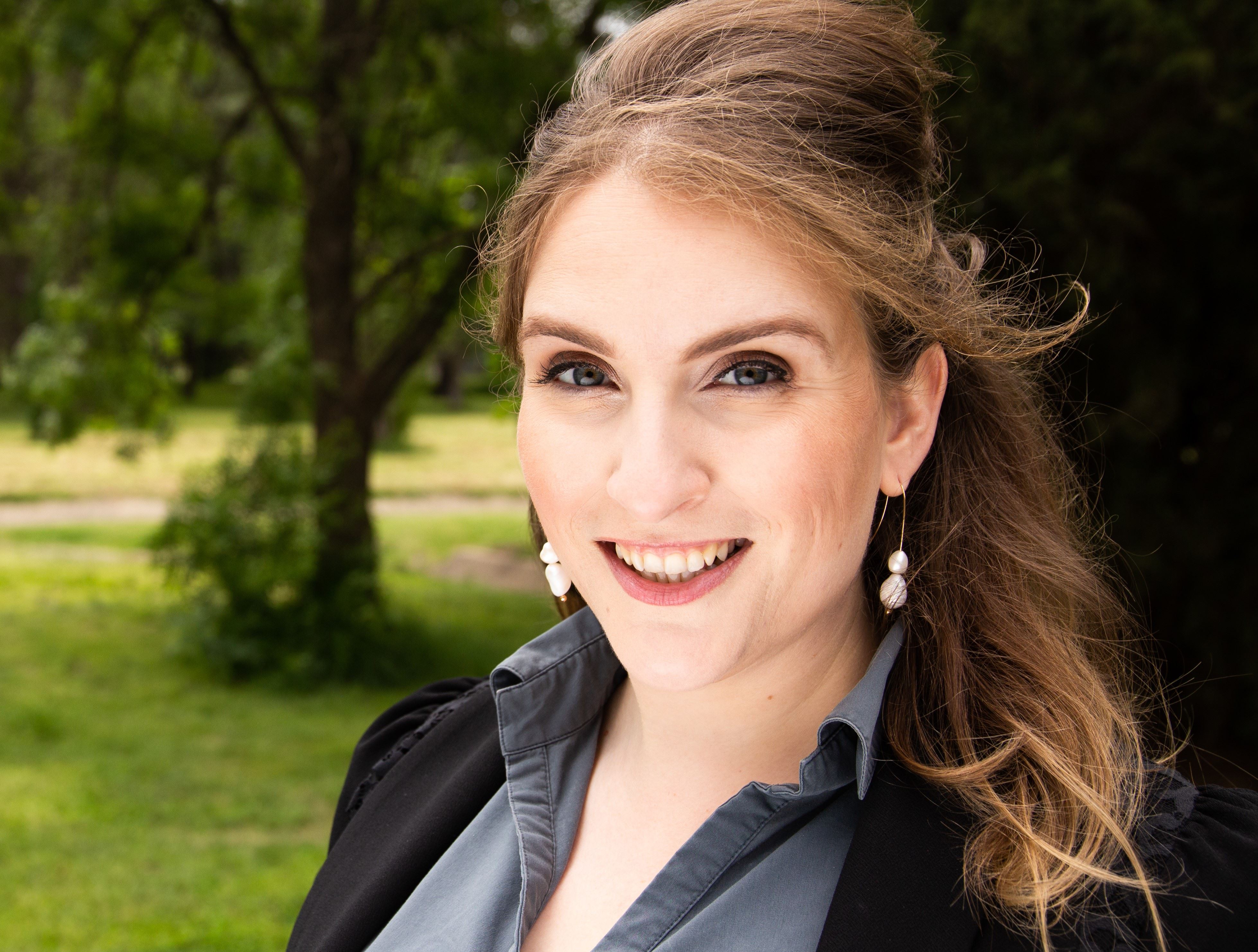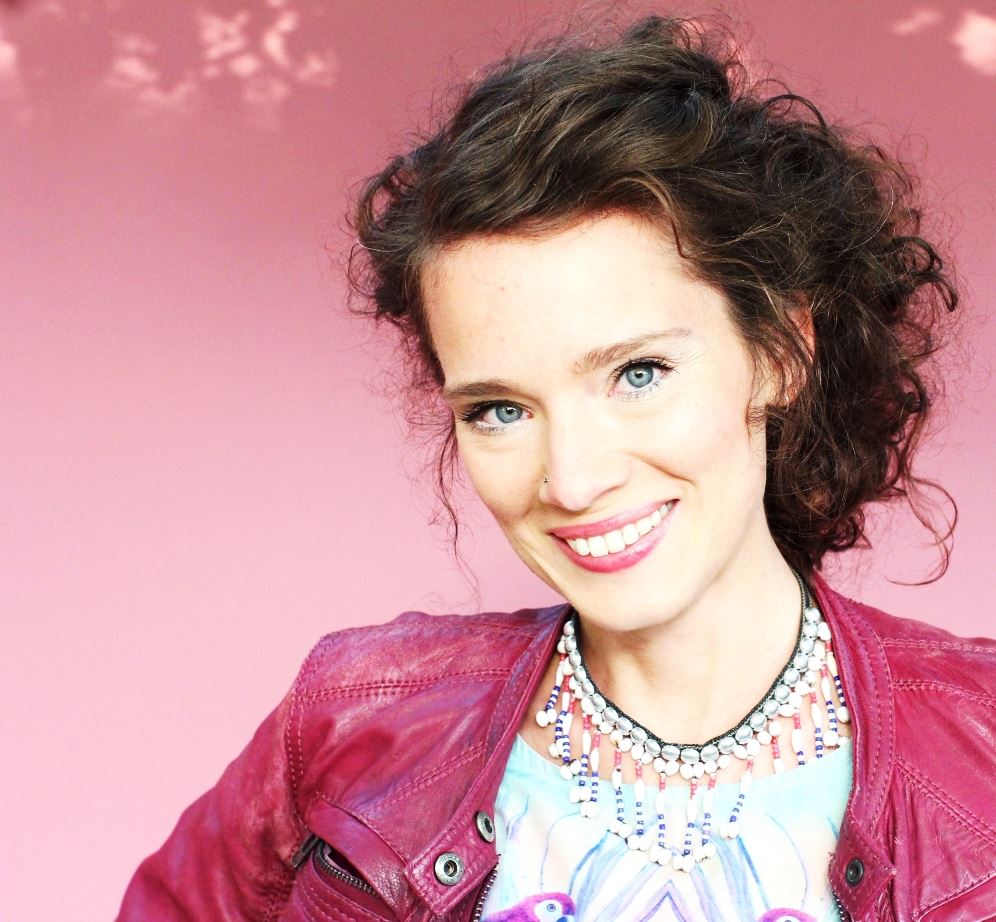
Science.Art.Film.: Ex Machina
Science.Art.Film.
Wed
16
Wed 16 Apr 6:00 PM
Arc Cinema
Allocated Seating
108 Mins | Science.Art.Film
2002 | DCP | UK | D: Alex Garland
Alicia Vikander plays Ava, a groundbreaking humanoid robot with artificial intelligence. When programmer Caleb (Diomhall Gleeson) wins the opportunity to spend at week at the retreat of company CEO Nathan (Oscar Issac), he is tasked with evaluating the extent of Ava’s intelligence. As Caleb learns more about Ava, boundaries between human and humanoid are quickly blurred.
The consequences of AI developing true consciousness come to the fore Alex Garland’s Oscar-winning sci-fi thriller debut.
Join us after the film for a vibrant discussion about science, technology, the future of AI, and our cultural ideas about women in and as technology.
‘One of the most original, smart, thought-provoking science fiction movies of recent years.’ – Portland Oregonian
Presented as part of our Science. Art. Film. series in partnership with the Australian National Centre for the Public Awareness of Science, ANU.
Panellists

Dr Karina Judd is from the Australian National Centre for the Public Awareness of Science at the Australian National University. Her research is on inclusive science communication, building on her past professional experiences as a science communicator, science outreach facilitator, environmental geologist and geoarchaeologist.
Her recent publications include the book Women Scientists in American Television Comedy: Beakers, Big Bangs and Broken Hearts (Palgrave 2025).

Thomas Biedermann is a Senior Lecturer at the School of Cybernetics, Australian National University (ANU). His research draws on cybernetics, visual arts and playcentric methods to support individuals and groups in imagining and acting to shape safe, sustainable, and responsible systems.
More speakers will be added soon.
Moderator

Dr Anna-Sophie Jürgens is a Senior Lecturer in Science Communication at the Australian National Centre for the Public Awareness of Science of the Australian National University (ANU) and the Head of the POPSICULE, ANU’s Science in Popular Culture and Entertainment Hub. Her research explores the cultural meanings of science, the history of (violent) clowns and mad scientists, science and humour, and the interface between science and (public) art.
Alicia Vikander plays Ava, a groundbreaking humanoid robot with artificial intelligence. When programmer Caleb (Diomhall Gleeson) wins the opportunity to spend at week at the retreat of company CEO Nathan (Oscar Issac), he is tasked with evaluating the extent of Ava’s intelligence. As Caleb learns more about Ava, boundaries between human and humanoid are quickly blurred.
The consequences of AI developing true consciousness come to the fore Alex Garland’s Oscar-winning sci-fi thriller debut.
Join us after the film for a vibrant discussion about science, technology, the future of AI, and our cultural ideas about women in and as technology.
‘One of the most original, smart, thought-provoking science fiction movies of recent years.’ – Portland Oregonian
Presented as part of our Science. Art. Film. series in partnership with the Australian National Centre for the Public Awareness of Science, ANU.
Panellists

Dr Karina Judd is from the Australian National Centre for the Public Awareness of Science at the Australian National University. Her research is on inclusive science communication, building on her past professional experiences as a science communicator, science outreach facilitator, environmental geologist and geoarchaeologist.
Her recent publications include the book Women Scientists in American Television Comedy: Beakers, Big Bangs and Broken Hearts (Palgrave 2025).

Thomas Biedermann is a Senior Lecturer at the School of Cybernetics, Australian National University (ANU). His research draws on cybernetics, visual arts and playcentric methods to support individuals and groups in imagining and acting to shape safe, sustainable, and responsible systems.
More speakers will be added soon.
Moderator

Dr Anna-Sophie Jürgens is a Senior Lecturer in Science Communication at the Australian National Centre for the Public Awareness of Science of the Australian National University (ANU) and the Head of the POPSICULE, ANU’s Science in Popular Culture and Entertainment Hub. Her research explores the cultural meanings of science, the history of (violent) clowns and mad scientists, science and humour, and the interface between science and (public) art.
Price



